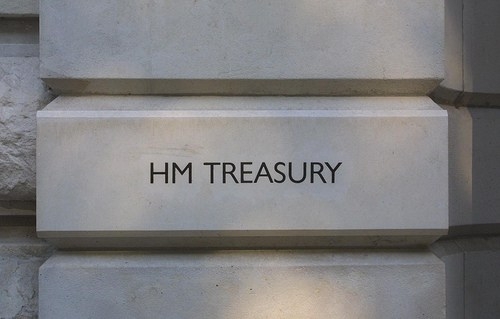Proposed changes to the dividend tax credits system are set to come under the spotlight in the The House of Lords.
The changes, which were announced in last year’s Budget, will be scrutinised by a Finance Bill Sub-Committee set up by the House of Lords Economic Affairs Committee.
The committee has called for comments as part of its inquiry. The FBSC will publish its report prior to the Budget in March 2016 and will also look at Simple Assessments, the proposed permanent Office of Tax Simplification and other planned changes to the taxation of savings.
A petition against the dividend tax credit reforms, set up on the Government’s own official petitions page, has reached nearly 44,000 names. If it gets to 100,000 it has to be considered for a debate in Parliament. This was how the debate held this week on whether to ban US Presidential candidate Donald Trump from entering the UK came about.
The petition has already yielded an official written response from the Government.
The Treasury said last July that the dividend tax credit would be replaced with a new tax-free allowance of £5,000 of dividend income for all taxpayers. It takes effect from April 2016.
The Chancellor said the move would “simplify the taxation of dividends”.
Financial Planners have said smaller firms will have to review how they pay directors as a result. The move has faced strong criticism, with Blick Rothenberg, the London Chartered Accountants, estimating basic rate taxpayers may be worse off by £1,700 per annum under the new rules.
Organisers of the petition stated on the official web page: “The Government want to stop business owners being paid via dividends to reduce tax bills. This flies in the face of risk and reward for running a business and contributing to the economy. Life as a business owner means very long hours, low pay, stress, no holiday or sick pay and a life of uncertainty and worry.”
The Treasury issued a response to the petition, which read: “It is not possible to continue to reduce the Corporation Tax rate without looking at the overall balance of the tax system, including taxation of dividends.
“Lowering the Corporation Tax rate without action elsewhere increases incentives for individuals to set up a company and pay themselves through dividends to reduce their tax bill (also known as tax motivated incorporation). Therefore the Government is reforming dividend taxation."
The Government has set the dividend tax rates at 7.5% for basic rate taxpayers, 32.5% for higher rate taxpayers and 38.1% for additional rate taxpayers but there will be no tax credit. There will be an increase of 7.5% where dividend income exceeds £5,000.
Previously, individuals in receipt of dividends benefited from a 10% tax credit which for basic rate tax payers meant they could enjoy their dividend tax free. Higher rate tax payers paid an effective 25% tax rate.
Officials at HMRC said in an update following the Budget that the £5,000 tax-free allowance would still be taken into account when assessing someone's overall income for tax purposes.
Written evidence needs to be sent to the Sub-Committee by 29 January. Public hearings will be held in January and February.

